We may earn money or products from the companies mentioned in this post. This means if you click on the link and purchase the item, I will receive a small commission at no extra cost to you ... you're just helping re-supply our family's travel fund.
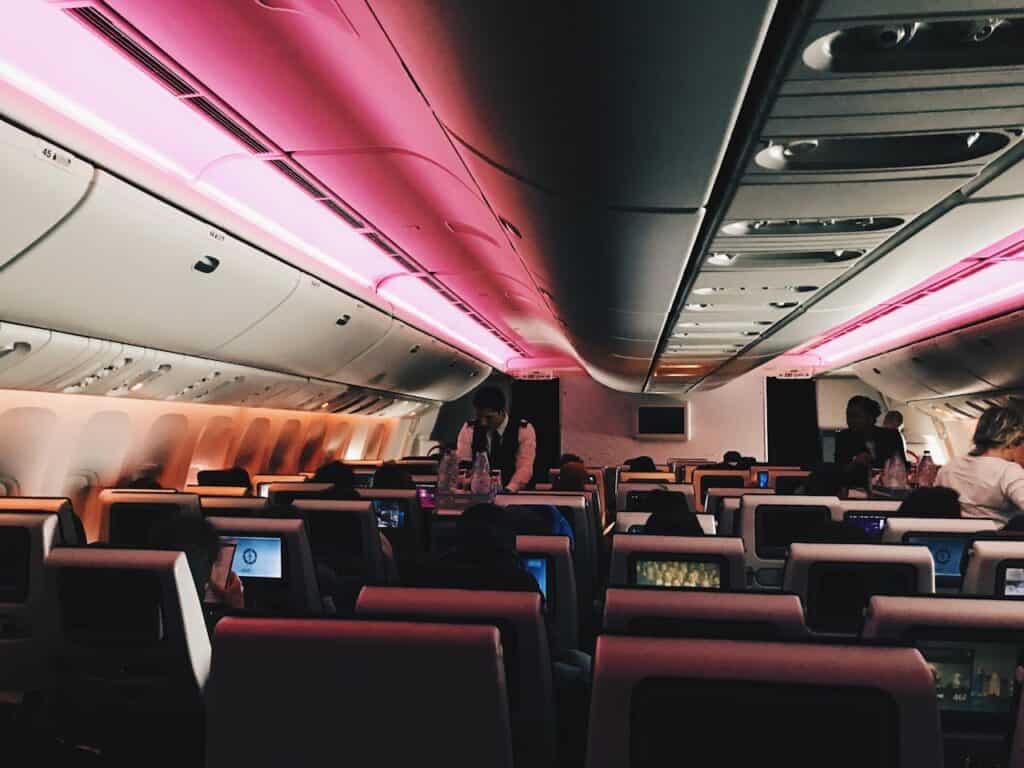
It happens more often than you’d think. You finally settle into your seat, only to hear a request from another passenger asking to switch. Sometimes it’s a parent who wants to sit with their child, sometimes it’s just someone hoping for a better spot. Either way, you’re not required to move if you don’t want to. The key is saying no without creating tension. Here are ten polite but firm ways to turn down a seat swap and still keep the peace in the cabin.
1. “I’m Sorry, I Chose This Seat for a Reason”
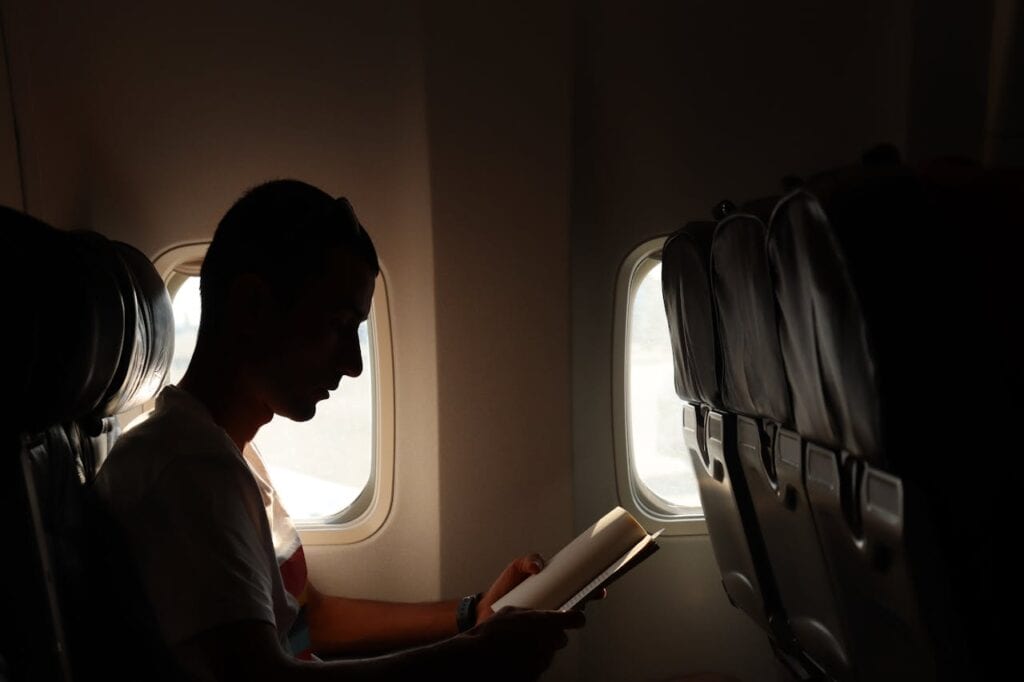
This is one of the simplest and clearest ways to decline. You can let the person know that you picked the seat intentionally, whether for legroom, comfort, or convenience. People usually understand when they hear it’s not just about being stubborn. A calm, friendly tone makes all the difference. If you’ve paid extra for the seat, you can mention that too. It signals you aren’t just being difficult. You’re asserting your right to what you booked and paid for.This also shows confidence, which discourages pushback. A short, steady response sets the tone and avoids further debate.
2. “I’d Prefer to Stay in the Seat I Selected”

Sometimes the most effective answer is straightforward. By framing it as a preference rather than a refusal, you soften the response while still making your choice clear. The word “prefer” communicates that you’re not dismissing them outright, but that you value your own comfort and situation. It’s polite, firm, and hard to argue with. Often, a respectful statement like this ends the conversation quickly without hurt feelings.Adding a brief smile or friendly tone makes the interaction even smoother. It shows you’re being considerate, not cold, which is all most people need to move on.
3. “I’m More Comfortable Staying Here”.
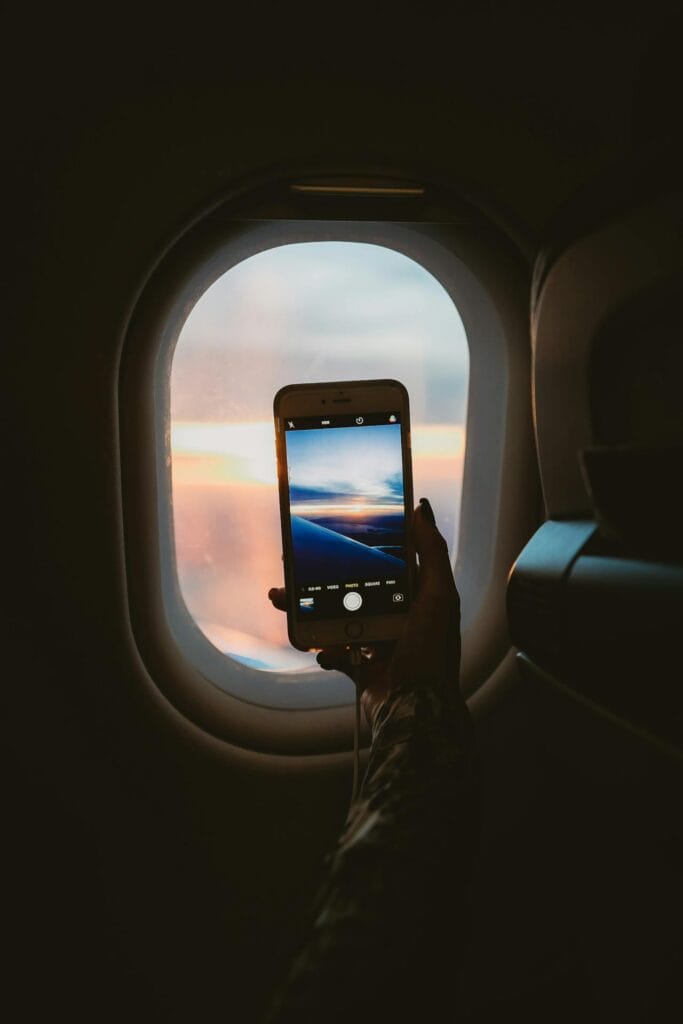
Comfort is a universally understood reason, and most people won’t push further once you mention it. Maybe you need the aisle for easier movement, or maybe you want the window for sleep. Whatever the reason, tying it to your personal comfort keeps the explanation short while still sounding kind. You don’t need to over-explain or justify every detail. Simply stating your comfort level is enough, and it sets a clear but gentle boundary.By keeping it personal, you make it harder for the other person to argue. Everyone values comfort, so they’re more likely to back off politely.
4. “Unfortunately, I Can’t Switch Seats Today”

The word “unfortunately” helps soften the refusal. It signals that you’re sympathetic but firm in your decision. This is especially useful when someone is insistent, because it shuts down the negotiation without sounding cold. You don’t have to give a long explanation unless you want to. This phrase communicates that the decision is final but delivered in a considerate way. It keeps the interaction brief and respectful.By keeping it personal, you make it harder for the other person to argue. Everyone values comfort, so they’re more likely to back off politely.
5. “I Paid Extra for This Seat, So I’ll Stay Put”

If you’ve booked a seat with more legroom, better location, or early boarding privileges, that’s a perfectly valid reason to stay. Mentioning the extra payment not only explains your position but also reinforces that the swap wouldn’t be fair to you. Most people will understand that you’re not willing to give up a perk you invested in. It keeps the focus on fairness rather than personality. This makes the refusal less personal and more practical.It also shows that your choice wasn’t random it was a financial commitment. That usually ends the conversation without creating tension.
6. “I’d Like to Stick With the Seat I Reserved”
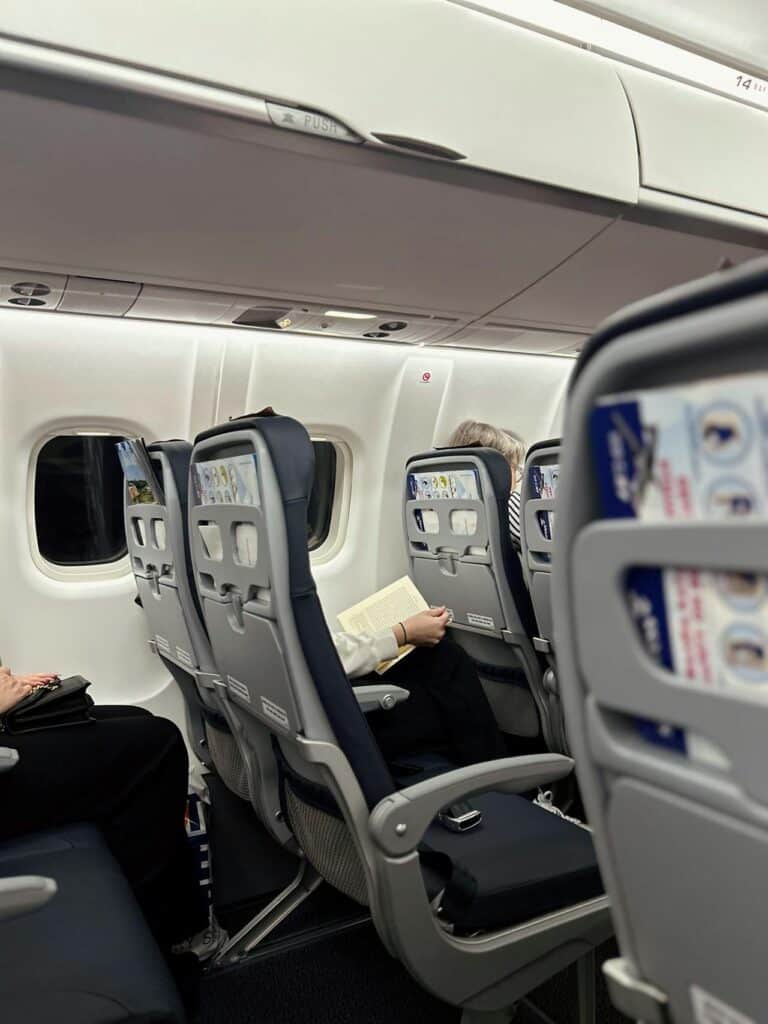
Using the word “reserved” highlights that this was a planned choice, not random luck. It implies effort and foresight, which makes it easier for others to respect. You don’t have to sound defensive just calm and polite. This phrasing works especially well if someone suggests swapping into a middle seat or a less comfortable option. By reminding them it’s a reserved seat, you strengthen the sense that this is your rightful spot.It also underscores that planning ahead matters, and you shouldn’t lose out because of someone else’s oversight. That’s both reasonable and easy to defend.
7. “I Have Travel Needs That Make This Seat Better for Me”

This response works well if you have health, mobility, or scheduling needs. You don’t need to disclose personal medical details just stating that you have specific needs is enough. Most people won’t push further once they hear that it’s about something important. This allows you to decline while keeping the explanation respectful. It’s a polite reminder that not every seat is interchangeable for every traveler.Even if your needs are simple, like needing quick access to the restroom or less movement during the flight, they’re valid. Most passengers will step back once they hear this.
8. “I’m Sorry, But I’d Rather Stay Put”

Adding a light apology softens the message while still making it clear that you don’t intend to move. This approach works well in casual situations where you don’t want to sound too formal but still need to hold your ground. It’s a way of signaling friendliness without giving in. It balances warmth with clarity, which helps avoid awkwardness in a tight cabin setting.Short, polite wording like this often keeps the situation from escalating. A smile or calm tone shows you’re being kind even while saying no, which makes the refusal easier to accept.
9. “I’m Not Able to Switch, Thanks for Understanding”

This phrasing shuts the door on negotiation but keeps the tone kind. By thanking the person in advance for understanding, you set the expectation that the matter is closed. It shifts the focus from their request to your decision, while still leaving them with a sense of respect. It’s polite, firm, and effective for moments when you need to be clear but don’t want to sound unfriendly.Adding gratitude also changes the energy of the conversation. People are less likely to push back if they feel you’ve already acknowledged their side with courtesy.
10. “No, Thank You-I’ll Keep My Seat”
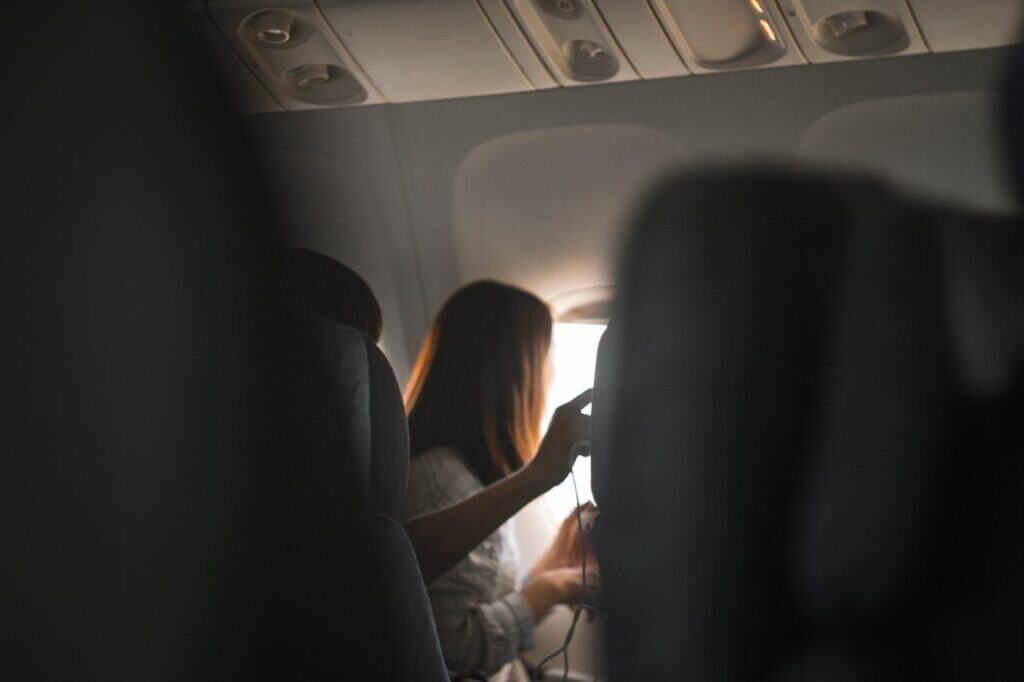
Sometimes the most direct approach works best. Saying “no” with a “thank you” attached strikes a balance between clarity and politeness. It avoids unnecessary explanation while keeping the exchange courteous. In the confined space of a plane, simple language often prevents the situation from dragging on. A kind but firm “no, thank you” leaves little room for misunderstanding, and it maintains the respectful tone passengers expect.It’s short, clear, and very effective when you don’t want to be drawn into long discussions. Polite directness often gets the quickest results in these situations.